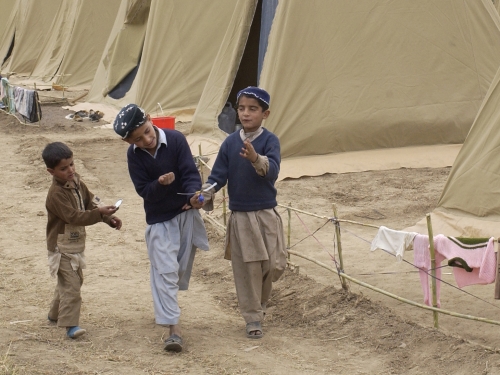
This article was originally published on 2 March 2015 by New Security Beat, the blog of the Environmental Change and Security Program (ECSP) at the Wilson Center.
In 2009, the U.S. Congress passed a five-year, $7.5 billion aid package for a country it had all but abandoned just 10 years earlier. Indeed, if one word can summarize the U.S. relationship with Pakistan, “volatile” might be it. Since the September 11 attacks, the U.S. has appropriated nearly $61 billion in aid to Pakistan – more than twice what it received since independence in 1947.
Though some remaining funds may still be disbursed, the latest round of aid came to a close last September amid growing dissatisfaction on both sides. The Department of State billed the 2009 Enhanced Partnership with Pakistan Act (or Kerry-Lugar-Berman Act, also known as KLB) as an “innovative approach” to aid because of its attention to Pakistani priorities, its support of visible infrastructure projects, its focus on areas most susceptible to violent extremism, and its whole-of-government coordination.
